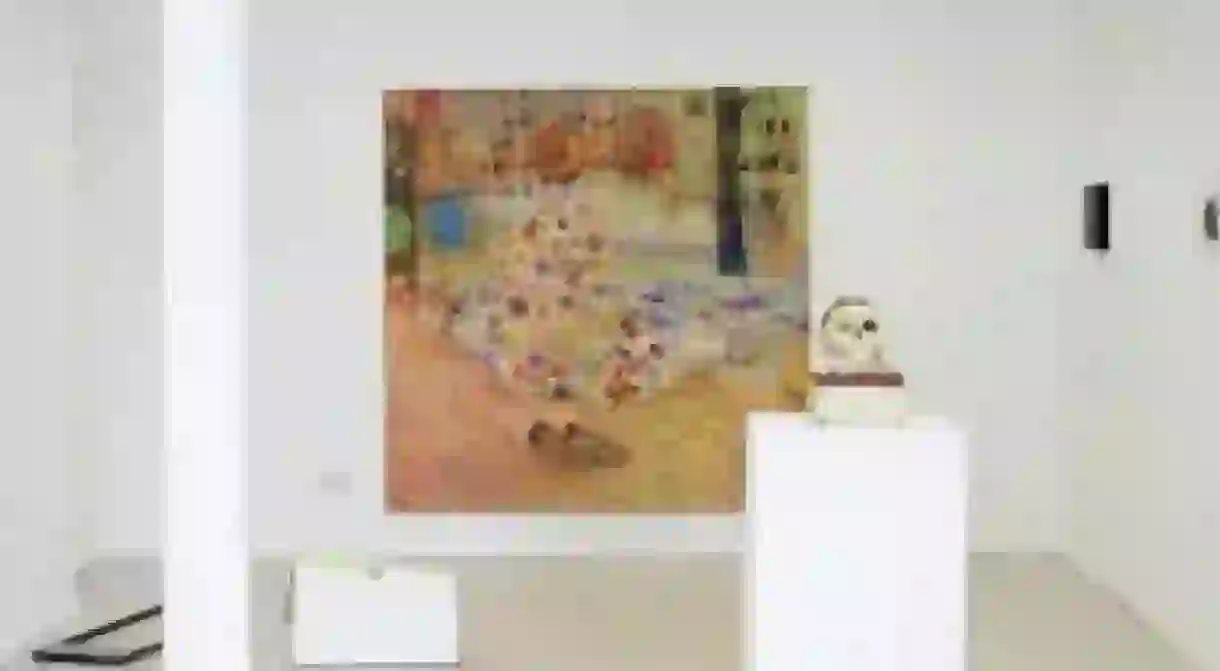Belfast's Best Contemporary Art Galleries You Should Visit

The cultural presence of Northern Ireland has flourished in recent years, particularly within its capital city of Belfast. Although the history of the city is fraught and complex, Belfast is the centre of culture in the north, with numerous up-and-coming galleries, innovative arts centres, and an increasing amount of tourists. Read our article on the top galleries found in this cultural hot-spot.
Golden Thread Gallery
Art Gallery
Queen Street Studios and Gallery
Art Gallery
Belfast Exposed Photography
Art Gallery
Gormleys Fine Art
Art Gallery
James Wray and Co
Art Gallery, Library, Building
The MAC
Building

Platform Arts
Art Gallery
Bursting onto Belfast’s art circuit in 2009, Platform Arts has strived to develop a contemporary art practice in the city for the past five years. As an artist-focussed studio group, their role is to actively develop creative expression and to make it accessible to communities in Belfast. The space runs three programs to achieve this aim, with exhibitions, education and studios. Exhibitions take place in the main gallery, which is roughly 3,000 square feet (280 square metres) in size, and is adaptable to suit the themes and specifications of any show. The space can be lit naturally or enclosed to create a white cube aesthetic, and the versatility of this space facilitates Platform Arts education program, which consists of events and workshops aimed at getting members of the community more involved with the arts.
Ulster Museum
Art Gallery, Museum














